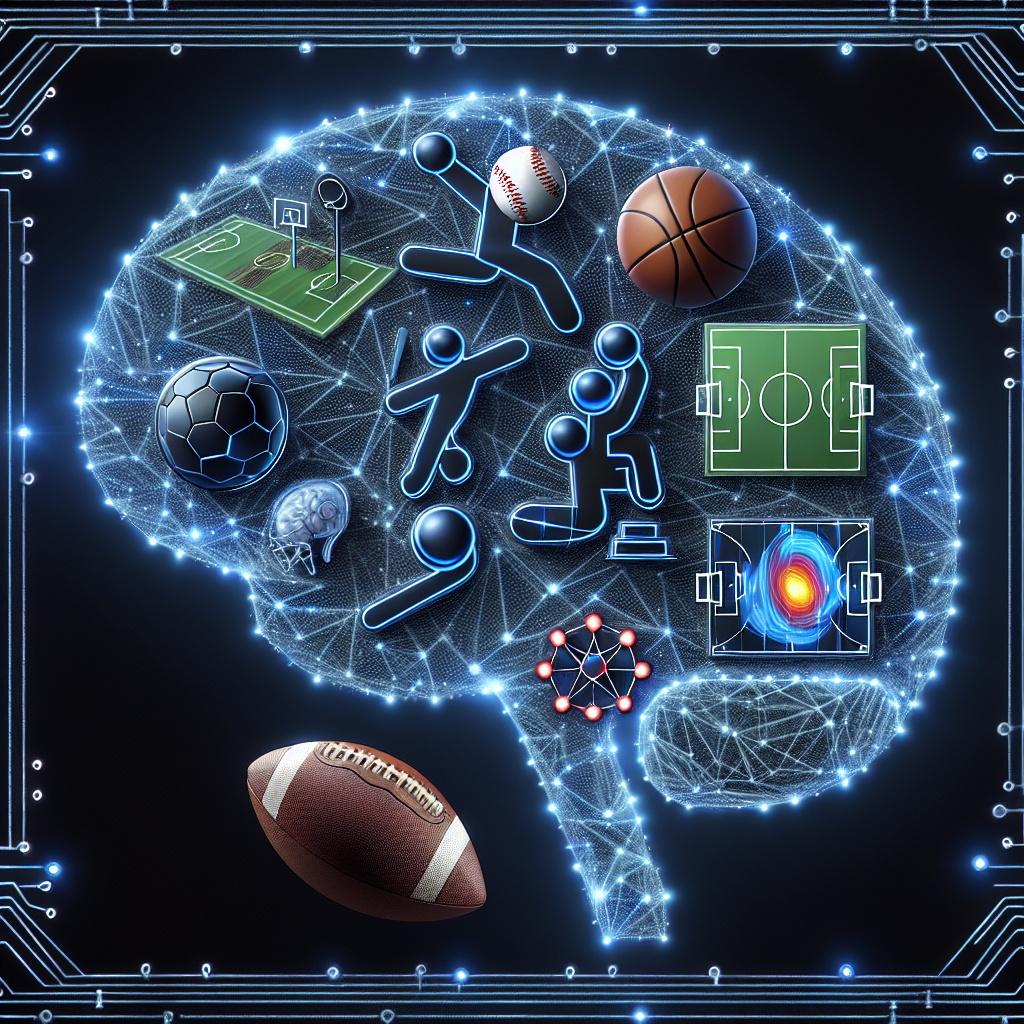Using AI to Predict Sports Outcomes
In recent years, the use of artificial intelligence (AI) in sports has grown significantly. One area where AI is making a big impact is in predicting sports outcomes. By analyzing vast amounts of data and identifying patterns, AI algorithms can provide valuable insights into the potential outcomes of sporting events. This has the potential to revolutionize the way sports are played, watched, and bet on.
How AI Predicts Sports Outcomes
AI algorithms use a variety of techniques to predict sports outcomes. One common approach is to analyze historical data from previous games and events. By looking at factors such as team performance, player statistics, weather conditions, and other variables, AI algorithms can identify patterns and trends that may influence the outcome of future games.
Another approach is to use machine learning algorithms to analyze real-time data during games. By tracking player movements, game situations, and other variables in real-time, AI algorithms can make predictions about the likely outcome of a game as it unfolds.
In addition to analyzing data, AI algorithms can also take into account factors such as team strategies, player injuries, and other variables that can impact the outcome of a game. By considering all of these factors together, AI algorithms can provide more accurate predictions than traditional methods.
Benefits of Using AI to Predict Sports Outcomes
There are several benefits to using AI to predict sports outcomes. One of the main benefits is the ability to make more accurate predictions. By analyzing vast amounts of data and identifying patterns, AI algorithms can provide insights that may not be apparent to human analysts. This can help teams, coaches, and fans make more informed decisions about how to play, watch, and bet on sports.
Another benefit is the ability to make predictions in real-time. By analyzing data as it becomes available during games, AI algorithms can provide up-to-the-minute insights into the likely outcome of a game. This can be especially useful for bettors looking to make quick decisions based on the latest information.
Additionally, using AI to predict sports outcomes can help teams and coaches improve their performance. By identifying areas of weakness and suggesting strategies for improvement, AI algorithms can help teams maximize their chances of success on the field or court.
Common FAQs about AI Predictions in Sports
Q: How accurate are AI predictions in sports?
A: The accuracy of AI predictions in sports can vary depending on the quality of the data, the algorithms used, and other factors. In general, AI algorithms can provide more accurate predictions than traditional methods, but there is always some degree of uncertainty.
Q: Can AI predict the outcome of any sport?
A: AI algorithms can be used to predict the outcome of virtually any sport, as long as there is enough data available to analyze. However, some sports may be more difficult to predict than others due to the complexity of the game or the unpredictability of certain factors.
Q: Can AI predict upsets or unexpected outcomes?
A: AI algorithms can sometimes predict upsets or unexpected outcomes, but there is always a degree of uncertainty involved. Factors such as player injuries, weather conditions, and other variables can make it difficult to predict with complete accuracy.
Q: Are AI predictions in sports ethical?
A: The use of AI predictions in sports raises ethical considerations, especially when it comes to gambling and betting. It is important for AI algorithms to be used responsibly and ethically to ensure fair and transparent outcomes in sports.
In conclusion, using AI to predict sports outcomes has the potential to revolutionize the way sports are played, watched, and bet on. By analyzing vast amounts of data and identifying patterns, AI algorithms can provide valuable insights into the potential outcomes of sporting events. While there are some uncertainties and ethical considerations involved, the benefits of using AI in sports predictions are clear. As technology continues to advance, we can expect AI to play an even bigger role in shaping the future of sports.

